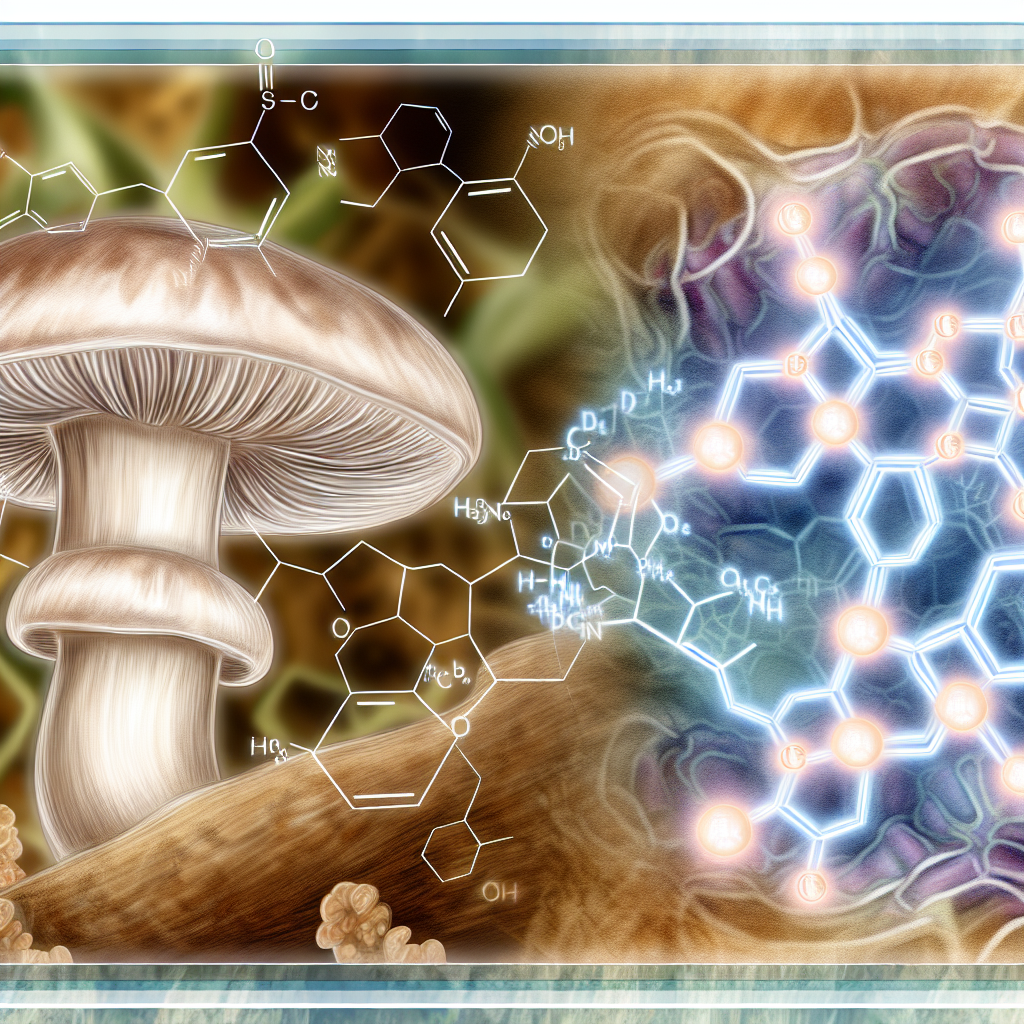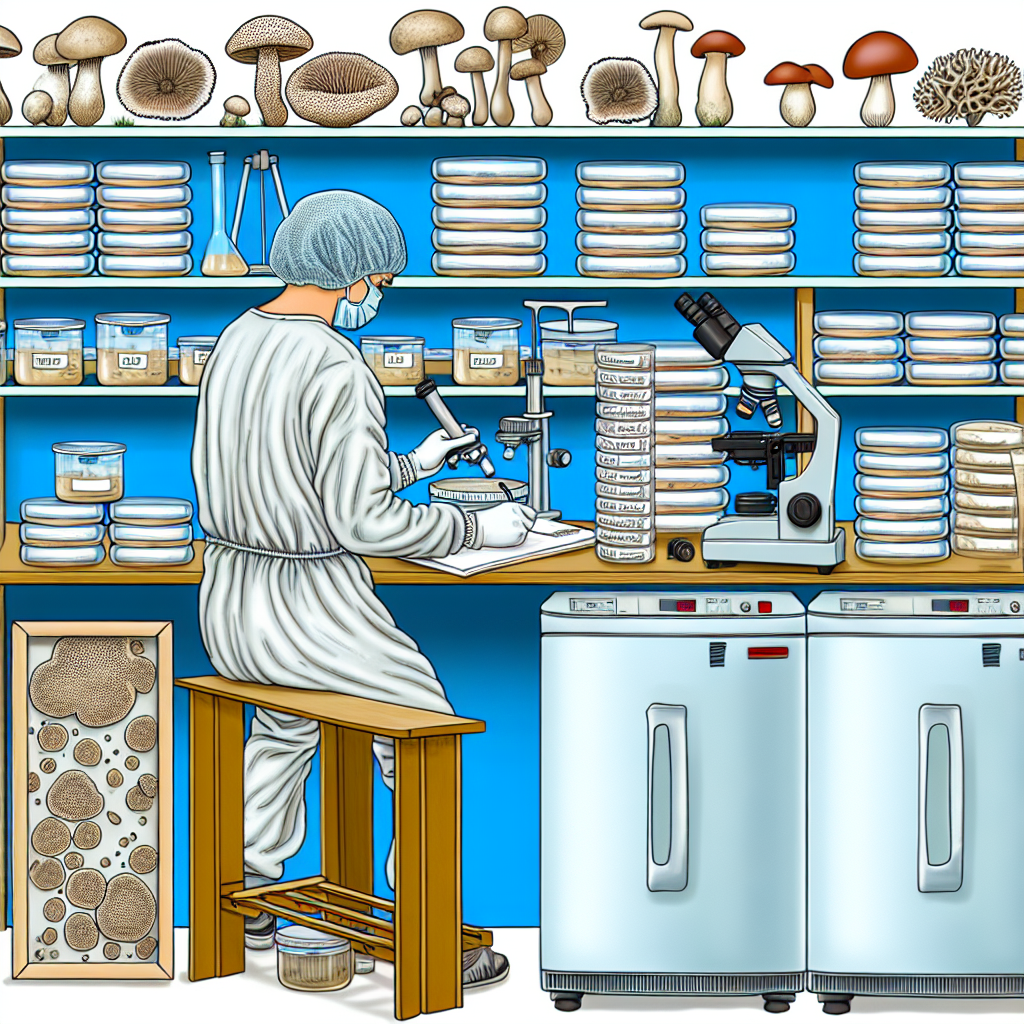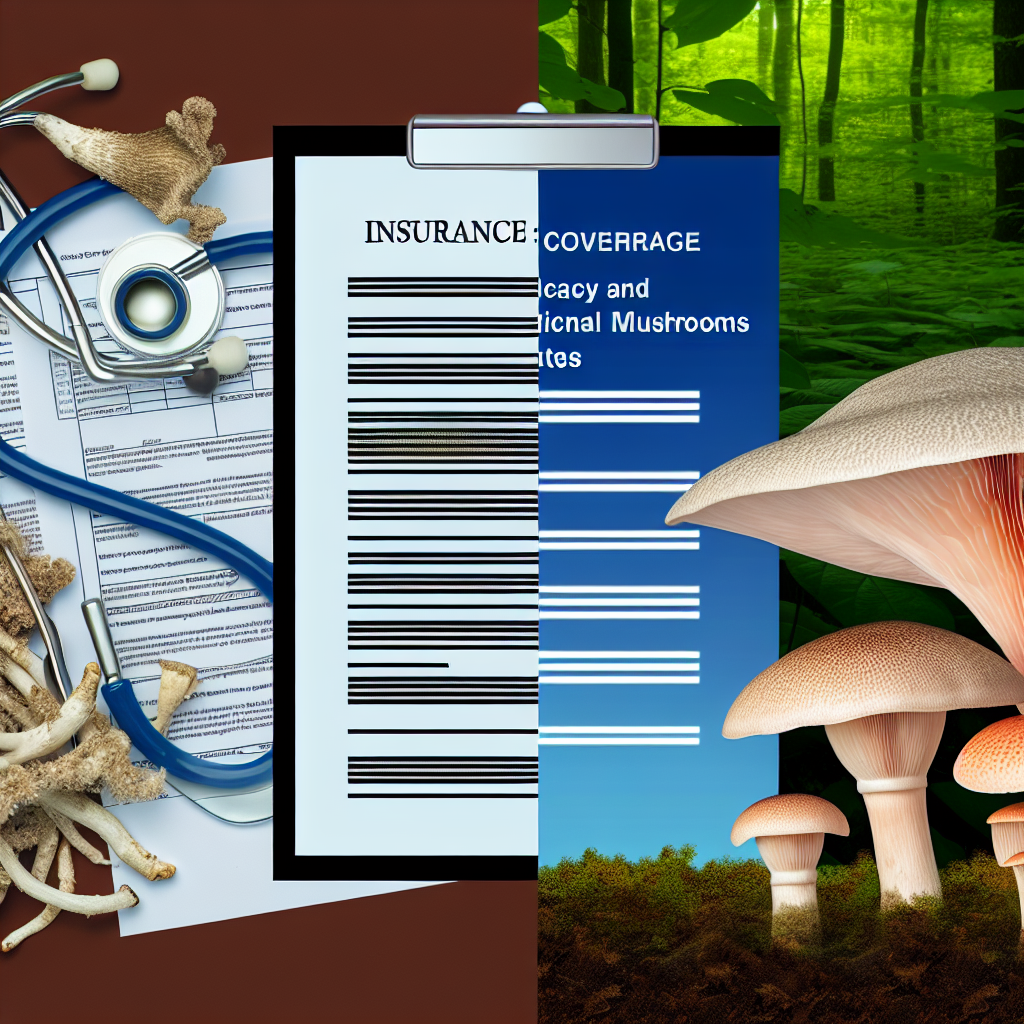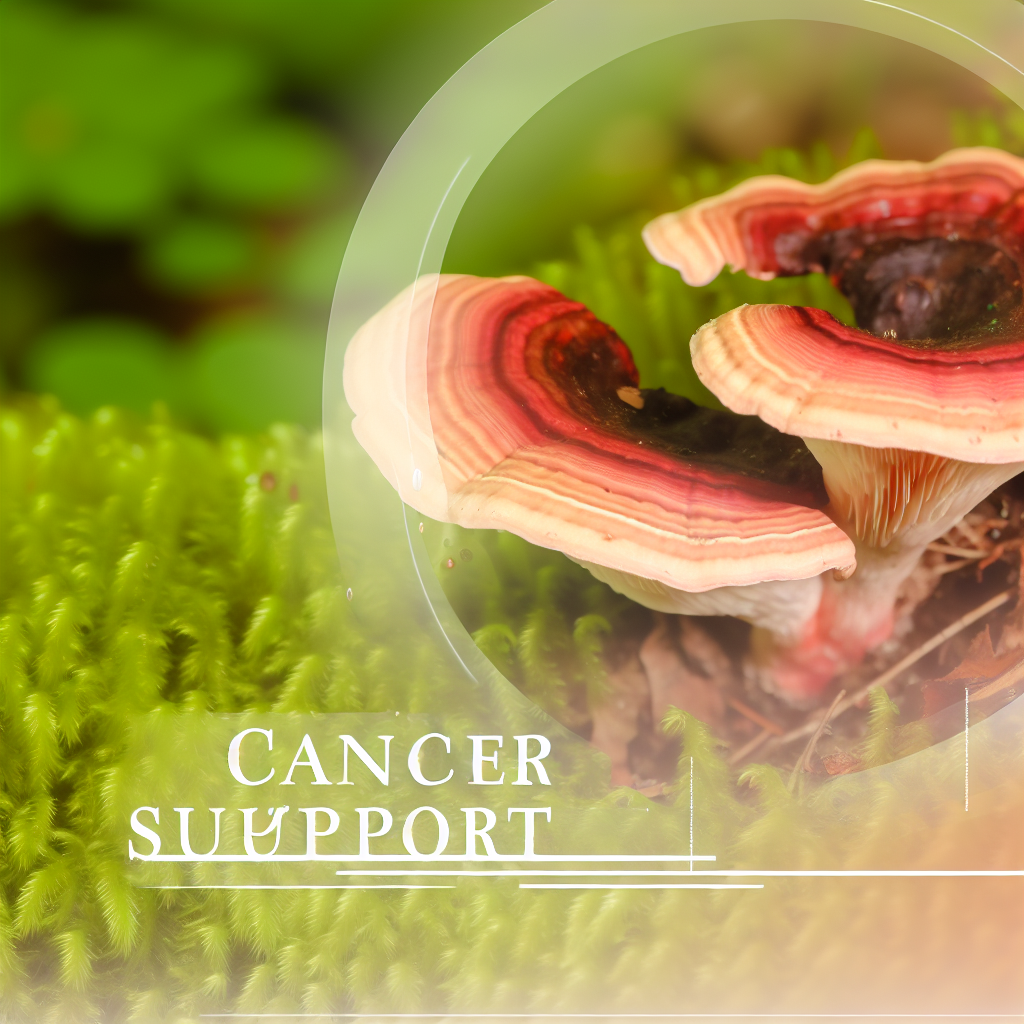Mushroom Bioactive Compounds: Understanding Beta-Glucans and Beyond
Medicinal mushrooms have surged into the spotlight in recent years—not just as trendy health supplements, but as scientifically validated functional foods with real therapeutic potential. These fungi are rich reservoirs of bioactive compounds—naturally occurring chemicals that exert physiological effects on the human body. Among these, beta-glucans have garnered significant attention for their immune-modulating, anti-inflammatory, and anti-cancer properties.
However, beta-glucans are only one piece of the puzzle. The broader biochemical composition of medicinal mushrooms includes a powerful suite of compounds like ergothioneine, terpenoids, phenolic compounds, and sterols, all of which contribute to their healing capabilities.
As health-conscious consumers turn toward natural solutions, demand for functional mushrooms like Lion’s Mane (Hericium erinaceus), Reishi (Ganoderma lucidum), Turkey Tail (Trametes versicolor), and Cordyceps (Cordyceps militaris) continues to grow. But what exactly makes these mushrooms so special?
This article dives deep into the science of mushroom-derived bioactive compounds—starting with beta-glucans and expanding into the broader spectrum of natural substances that power the remarkable healing potential of medicinal mushrooms.
Power Up Your Immune System with Beta-Glucans
Beta-glucans are naturally occurring polysaccharides found in the cell walls of fungi, particularly abundant in medicinal mushroom species. These complex glucose polymers are recognized by immune system receptors on macrophages, neutrophils, and natural killer (NK) cells. Upon recognition, they ignite a cascade of immune responses, enhancing cytokine release and pathogen-fighting activity.
Clinical Highlights:
– A 2016 randomized controlled trial published in the *Journal of Nutrition and Health Sciences* showed that daily consumption of Reishi-derived beta-glucans significantly increased NK cell activity.
– Research in *PLOS One* demonstrated enhanced dendritic cell function and immune modulation in cancer patients receiving Turkey Tail mushroom extracts.
Beta-glucans bind to Pattern Recognition Receptors (PRRs) like Dectin-1 and CR3, boosting phagocytosis and immune signaling—properties that are invaluable for fighting infections, modulating auto-immune responses, and supporting cancer therapies.
Ergothioneine: The Ultimate Antioxidant in Mushrooms
Ergothioneine, sometimes referred to as a “longevity vitamin,” is a unique sulfur-containing amino acid with potent antioxidant capabilities. It’s highly concentrated in mushrooms such as Shiitake and Oyster and plays a protective role against mitochondrial oxidative damage—a major contributor to aging and chronic diseases.
Scientific Insight:
A 2010 study in *Biochemical and Biophysical Research Communications* found that ergothioneine protects neuronal cells from oxidative stress-induced apoptosis. This suggests a protective role in the progression of neurodegenerative diseases like Alzheimer’s and Parkinson’s.
Adding mushrooms to your diet could therefore serve as a proactive measure against oxidative stress and age-related cognitive decline.
Triterpenoids: Anti-Cancer Agents and Liver Protectors
Reishi mushrooms stand out for their triterpenoid content—bioactive compounds with hepatoprotective and anti-tumor properties. One such compound, ganoderic acid, has been shown to selectively kill liver cancer cells while sparing healthy tissue.
Noteworthy Findings:
– A 2013 study published in *Cancer Letters* revealed that ganoderic acid induced apoptosis in human liver cancer cells without harming normal liver tissue.
– Triterpenoids also inhibit nitric oxide production and modulate COX-2 enzyme activity, reducing chronic inflammation often associated with cancers and metabolic disorders.
These findings highlight the potential of Reishi-derived compounds as natural adjuncts in liver detoxification and cancer treatment protocols.
Lion’s Mane and Brain Power: Cognitive Boosters from the Forest
Lion’s Mane (Hericium erinaceus) contains two unique types of compounds—hericenones and erinacines—which have shown the ability to stimulate the synthesis of Nerve Growth Factor (NGF), a protein essential for the growth and maintenance of neurons.
Clinical Evidence:
A double-blind, placebo-controlled trial published in *Phytotherapy Research* in 2009 found that participants with mild cognitive impairment experienced significant cognitive improvement after daily supplementation with Lion’s Mane mushroom extract.
The implications? Enhanced brain plasticity, memory improvement, and potential delay or prevention of neurodegenerative diseases.
Nature’s Antibiotics: Antiviral and Antibacterial Mushroom Compounds
Many medicinal mushrooms also harbor compounds such as phenolics, lectins, and glycoproteins that possess potent antimicrobial properties. Species like Turkey Tail and Shiitake have demonstrated both immune-boosting and directly antimicrobial effects.
Research Snapshot:
– Lectins and glycoproteins from these mushrooms are currently being analyzed for their effects on viruses like influenza and herpes simplex.
– Their ability to enhance the immune response while directly inhibiting viral replication makes them attractive candidates for integrative antiviral therapies.
In a time of rising antibiotic resistance and viral pandemics, mushrooms may offer a natural line of defense with both preventive and therapeutic benefits.
Conclusion: Why Mushrooms Deserve a Spot in Your Wellness Routine
Beta-glucans may have opened the door, but the true power of medicinal mushrooms lies in their rich tapestry of bioactive compounds. From immune modulation and antioxidant protection to cognitive enhancement and liver health, the therapeutic potential of these fungi is both broad and deeply supported by science.
As ongoing research continues to validate and expand our understanding, incorporating medicinal mushrooms into your diet and wellness routine may represent a safe, natural, and effective approach to achieving long-term health and vitality.
References
1. Beta-Glucans and Immunity
2. Turkey Tail and Dendritic Cell Modulation
3. Ergothioneine and Oxidative Stress
4. Ganoderic Acid and Liver Cancer
5. Lion’s Mane and Cognitive Function
Summary:
Medicinal mushrooms are rich in a variety of bioactive compounds, including beta-glucans, ergothioneine, triterpenoids, and unique compounds found in Lion’s Mane and other species. These compounds have been shown to have immune-modulating, antioxidant, anti-cancer, and cognitive-enhancing effects, making medicinal mushrooms a promising natural solution for a variety of health concerns.

Dominic E. is a passionate filmmaker navigating the exciting intersection of art and science. By day, he delves into the complexities of the human body as a full-time medical writer, meticulously translating intricate medical concepts into accessible and engaging narratives. By night, he explores the boundless realm of cinematic storytelling, crafting narratives that evoke emotion and challenge perspectives. Film Student and Full-time Medical Writer for ContentVendor.com




